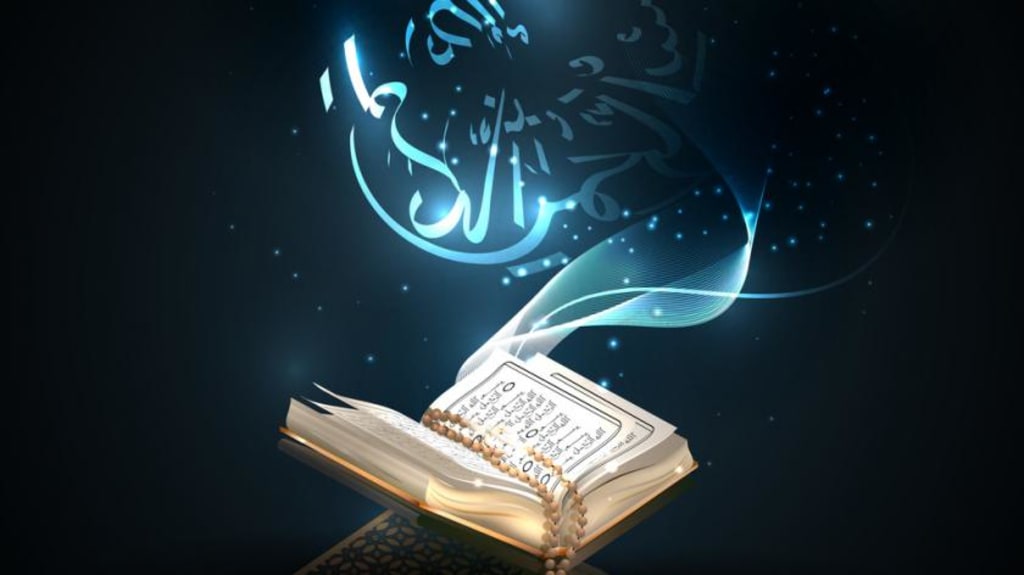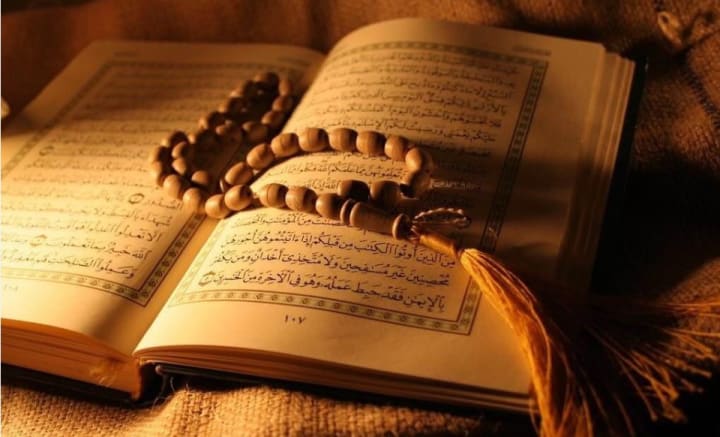Dark Truths of Islam Religion
Islam religion's dark aspects, Bad sides of Muslim

It is important to begin by noting that any religion or belief system has elements that can be perceived as dark or problematic. Islam, like any other religion, is not an exception to this. However, it is also important to acknowledge that these dark elements do not define the religion as a whole, nor do they necessarily represent the views or practices of all Muslims. It is essential to approach any discussion of Islam with nuance and a recognition of its diversity.
That being said, there are some aspects of Islam that have been identified as problematic or controversial. These may include issues related to gender, violence, and the interpretation and implementation of religious texts.
One of the most significant issues related to gender in Islam is the unequal treatment of women. While Islam has many teachings that promote gender equality, such as the idea that men and women are equal in the eyes of God, there are also elements of the religion that have been used to justify the subjugation of women. For example, in some interpretations of Islamic law, women are considered inferior to men and are subject to restrictions on their freedom and autonomy. This can include limitations on their ability to work outside the home, to choose their own clothing, or to marry whom they choose. Additionally, women may be subject to violence and abuse in the name of religious and cultural practices, such as female genital mutilation and honor killings.
Another area of controversy in Islam is violence, particularly in the form of terrorism. While the vast majority of Muslims reject and condemn terrorism, there are some groups and individuals who have used the religion to justify acts of violence against innocent people. This has been a source of tension and conflict between Muslims and non-Muslims around the world, and has led to increased scrutiny and suspicion of Muslims in some parts of the world.
It is important to note, however, that terrorism and violence are not unique to Islam, nor are they inherent to the religion itself. Rather, they are often the result of complex political and social factors, and are the actions of a small minority of extremists who do not represent the vast majority of Muslims.

A related issue is the interpretation and implementation of religious texts, particularly the Quran and Hadith. While these texts contain many teachings that promote peace, compassion, and social justice, they can also be interpreted in ways that justify violence and oppression. For example, some extremist groups have used selective interpretations of Quranic verses to justify terrorism and violence, while others have used Hadith to justify the subjugation of women.
It is important to recognize that the interpretation of religious texts is a complex and nuanced process, and that different scholars and communities may arrive at different conclusions based on their own cultural and historical contexts. Additionally, the interpretation and implementation of religious texts is subject to the influence of power dynamics, such as those related to gender and ethnicity, which can further complicate the process.
Despite these challenges, there are many Muslims who are working to address these dark elements of Islam and promote a more inclusive and just interpretation of the religion. This includes scholars who are engaging in critical and nuanced readings of religious texts, activists who are working to advance gender equality and human rights, and ordinary Muslims who are working to promote compassion, understanding, and dialogue.
In conclusion, while Islam, like any religion or belief system, has elements that can be perceived as dark or problematic, it is important to approach any discussion of the religion with nuance and a recognition of its diversity. It is also important to recognize that the challenges facing Islam are not unique to the religion itself, but are often the result of complex social and political factors. By engaging in dialogue and promoting understanding and compassion, we can work together to address these challenges and promote a more inclusive and just world for all.
About the Creator
Sujan Paudel
I love to write. And in a hunt for a platform to express my feelings, I have arrived in Vocal Media. Let's see where this journey takes me from here.






Comments
There are no comments for this story
Be the first to respond and start the conversation.